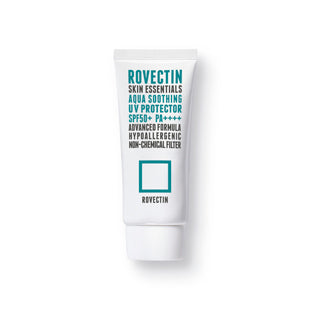3 Rules on What to Do After Exfoliating Face for Glowing Skin!
by Gina Myung on May 30, 2018

What To Do After Exfoliating Face
Exfoliating doesn’t begin and end with the actual physical act of scrubbing way the dead skin cells on our face - that alone won’t keep your skin looking and feeling healthy. There are many steps necessary to making sure that you’re exfoliating properly, which requires preparation of the right products, and ensuring that the skin isn’t being handled too roughly. But most importantly, the fate of your skin lies in the hands of the post-exfoliating care. So, what to do after exfoliating face you ask? Read on to find out the top three things you can do to care for your skin after exfoliating.1. Use Glycerin-fortified moisturizers
Rich Moist Soothing Cream
If you’ve been curious what to do after exfoliating face, the main takeaway is to stay moisturized! While a single exfoliating session won’t strip the skin of all its moisture, repeatedly exfoliating without properly following up with a good moisturizer can leave your face feeling and looking dryer than it did pre-exfoliation. The act of exfoliating is actually pretty harsh on the skin, and involves literally getting rid of the dead skin cells that lay on the surface of the skin. During this process, we tend to get rid of the protective natural oils our skin produces, which is why it’s necessary to replenish the skin of the moisture it needs to function properly. Just like the body needs water, the skin needs to stay hydrated in order to repair itself and protect it from outside forces. This is why products that contain ultra-hydrating oils and humectants, like Glycerin, as they are extra efficient in moisturizing, and locking in the moisture deep in the skin.
2. Protect skin with sunscreen
If you’re on top of your skincare knowledge, you should know that you need to apply sunscreen at all times, rain or shine, when you know your skin will be exposed to UV rays. However, applying sunscreen becomes all the more important especially after exfoliating due to the highly sensitive state the skin is left in. Even if you personally think your skin is tough and can take the heat, literally, it’s still crucial that you apply a UV protectant. The particularly raw and vulnerable state the skin is at post-exfoliation is more susceptible to damage and harm from UV rays, such as premature aging, and in worst-case-scenario, skin cancer. Opt for a moisturizing sunscreen that is light and comfortable on the skin, and avoid those that rely strictly on chemical protectants, as they can be slightly harsh on the skin.















